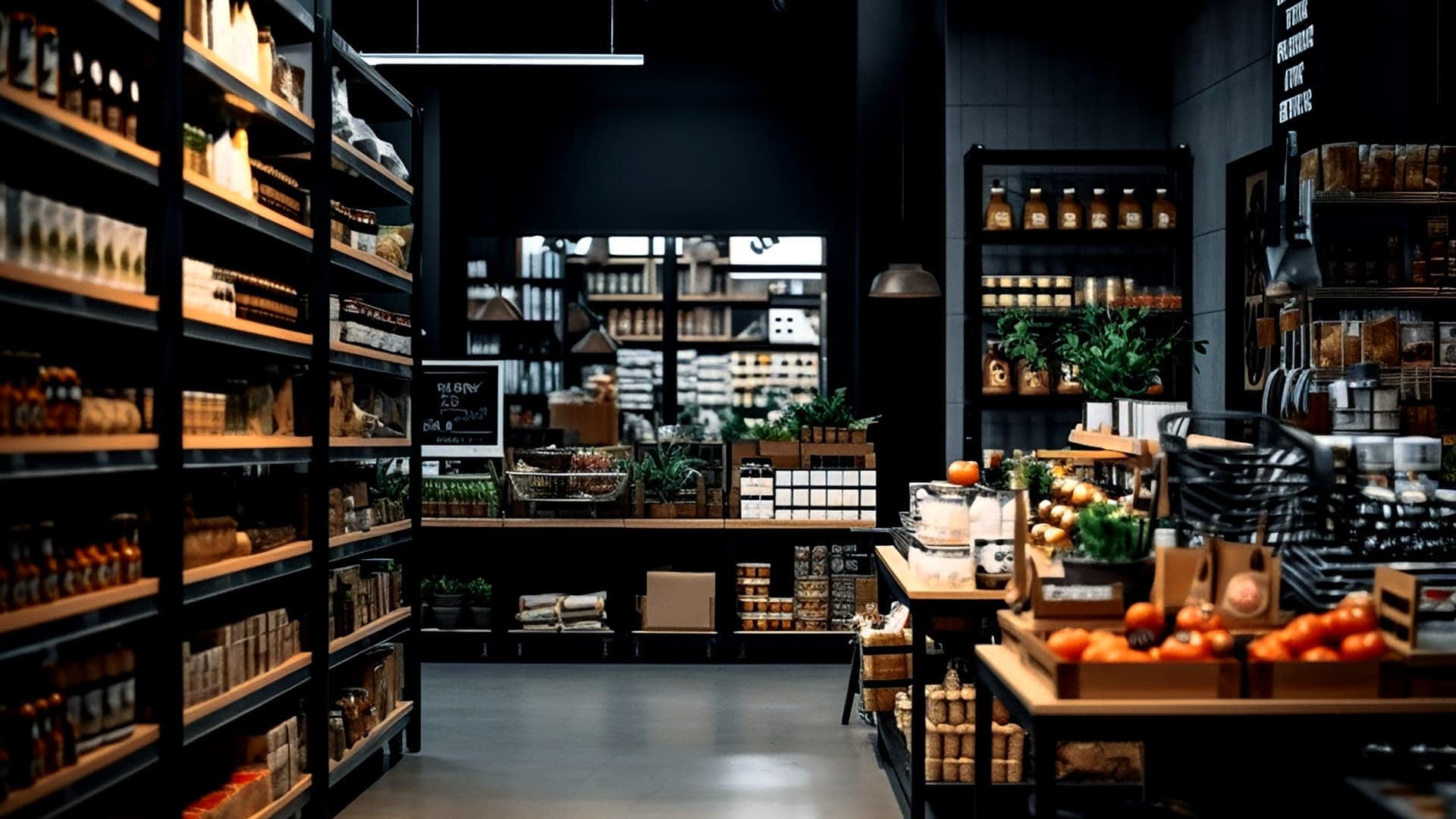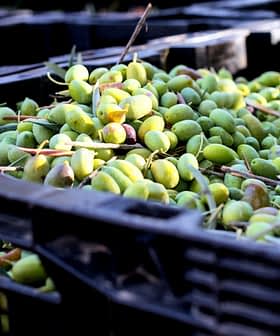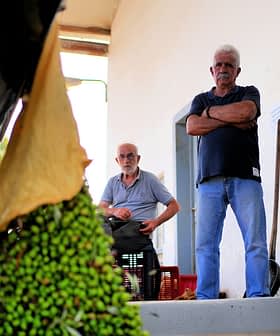 6.1K reads
6.1K readsBusiness
Trump’s Tariff Proposals Would Sting U.S. Olive Oil Consumers

The U.S. presidential election is close, with Trump maintaining his belief in tariffs as a useful tool, even though Treasury Secretary Janet Yellen warns against blanket tariffs. The potential impact of tariffs on olive oil imports from Spain is a concern for American consumers and producers, with conflicting opinions on how tariffs would affect the industry.
The United States presidential election is less than three weeks away, and the major candidates are virtually tied in the popular vote and within the margin of error in six swing states that will ultimately decide the election.
Former President Donald J. Trump is running for the third consecutive cycle. While many of his domestic and foreign policy priorities have shifted over the past decade, his deeply held belief that tariffs are a useful tool at the disposal of the executive branch has remained consistent.
A tariff would affect how Americans use olive oil. Olive oil consumption in the United States will fall.
While Trump was president in 2019, he approved a 25 percent tariff on some Spanish olive oil imports in retaliation for European subsidies for aircraft manufacturer Airbus, which the World Trade Organization said put American aircraft manufacturer Boeing at a competitive disadvantage.
After an agreement was reached, the tariffs were suspended. Still, many producers and large importers are wary of what another round of tariffs would do to the U.S. olive oil market.
See Also:Trade Commission Extends Tariffs on Spanish Black Olives“Donald Trump has proposed a ten percent tariff on all imported goods to offset economic distortions created by foreign governments, to reduce America’s trade deficit and to speed up its reindustrialization,” Robert Lighthizer, Trump’s U.S. trade representative, wrote in The Economist. “Experience suggests that this will succeed and that high-paying industrial jobs will be created.”
Since Lighthizer’s statement, Trump has, on various occasions, also suggested a 20 or 60 percent tariff on all imported goods. “To me, the most beautiful word in the dictionary is tariff,” Trump, who previously referred to himself as “Tariff Man,” told Bloomberg. “It’s my favorite word.”
However, current Treasury Secretary Janet Yellen warned that blanket tariffs would fuel inflation and harm businesses.
“Calls for walling America off with high tariffs on friends and competitors alike or by treating even our closest allies as transactional partners are deeply misguided,” Yellen said in a speech to the Council on Foreign Relations. “Sweeping, untargeted tariffs would raise prices for American families and make our businesses less competitive.”
On the other side of the Atlantic Ocean, strategic consultant Juan Vilar said bottlers based in the United States would bear the cost of the tariff, and it would be up to them whether or not to pass it on to consumers.
“A tariff would affect how Americans use olive oil,” Vilar said. “Olive oil consumption in the United States will fall. The price of olive oil in the United States will rise.”
“It makes no sense to put tariffs on a product like olive oil,” he added, since the U.S. imports about 97 percent of the olive oil it consumes.
Vilar said he was uncertain what the impact of the tariffs would be on Spanish exporters but added it would not be good since the U.S. is the second-largest olive oil consumer and the leading destination for Spanish exports.
“It is not a good situation, of course not, and these measures would result in a less rapid recovery of prices [in the U.S.],” Vilar said. “It would not be good for the Americans or the Spanish, Italian and Greek olive oil producers.”
Back in the U.S., the founder of a New York City-based olive oil importer agrees with Yellen and Vilar.
“The olive oil industry would take a big hit, and it’s already taken a massive hit in increased costs and prices in the last two years,” the founder said.
“I don’t think there’s anyone in the olive oil industry who isn’t fully aware of how expensive oil has gotten in the last two years… and that coupled with inflation and the rising costs of materials, the olive oil industry doesn’t need another cost increase factor right now,” they added.
After all, extra virgin olive oil has limited household penetration in the U.S. – estimated at 45 percent – and any measures taken to increase the cost with little benefit for anyone else in the industry are unwelcome.
“It’s an already expensive product, and it doesn’t need to be more expensive,” the founder said. “I think everyone can agree on that.”
However, the chief executive of a large California olive oil company said tariffs might not hurt U.S. olive oil consumption as much as some fear, basing this claim on consumer resilience during the recent convergence of inflation and historically high olive oil prices.
“Any tariff is going to get passed on to the consumer,” they said. “It’s only going to lead to higher costs. Arguments in the past that the consumer can’t bear a higher cost have been disproven with the amount of inflation experienced in the past two years.”
The executive cited data showing that the extra virgin olive oil category is growing at two percent annually at retail, even as prices have risen between 25 and 30 percent.
“In years of massive inflation, consumers have absorbed [price rises],” the executive said. “It’s been a very resilient category.”
“The argument that extra virgin olive oil and olive oil producers can’t raise prices, which was the argument against the tariffs in the first place, is not true,” they added. “Still, I don’t think there should be tariffs. I’m not sure that they will have the intended impact.”
“Tariffs end up hurting the U.S. consumer because it’s taking money out of their pocket for something that’s not going to slow down imports,” the executive concluded.









